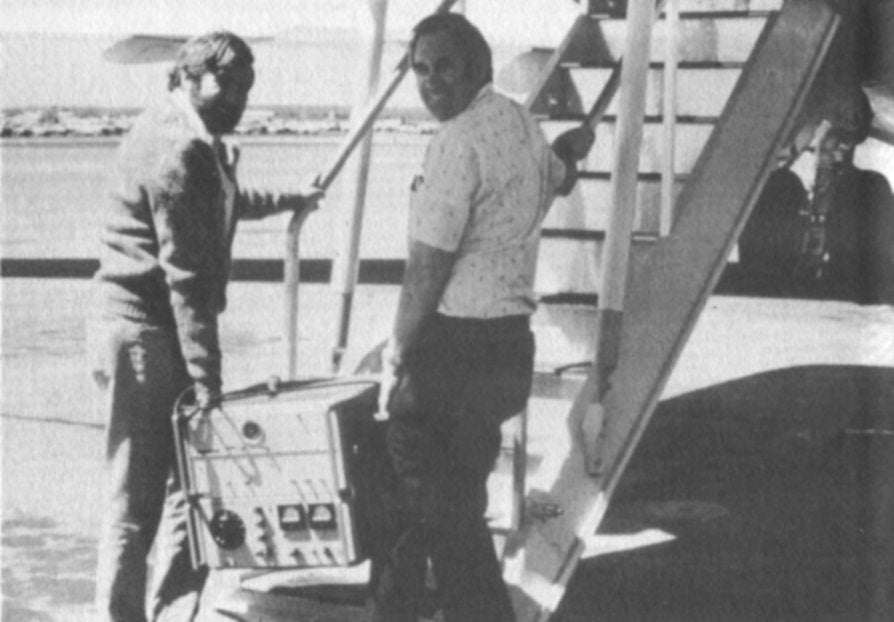
Sorry Superman, Time Travel Isn't Possible if You Fly Fast
Share
For centuries, people have been fascinated with the possibility of time travel, inspiring endless books and movies. Humans would be able to travel through space and into the past and future.
But is it theoretically even possible to time travel?
Superman goes back in time in the original 1978 Superman film by flying faster than light. It's crazy fast - light moves at just under 300,000 km/s!
We've never come close to this speed. The fastest man-made object has only travelled at 150 km per second.
What if we could travel faster than light and, like superman, travel back in time?
Six astrophysics, astronomy, and physics experts answer the question: Is it possible to time travel by going faster than light?
So, here's what we found...
When we travel fast, do we experience time differently?

According to Einstein's theory of relativity, time isn't universal - it's relative. 1971's Hafele-Keating experiment found that clocks on airplanes fell behind clocks on land.
Recent studies have shown that when atomic clocks are moved relative to one another, they run at different speeds. The phenomenon is called 'time dilation'.
"If one travels close to the speed of light, time behaves differently than we are used to, and in this way, one can move forward in time faster than those left behind. So it is theoretically possible to travel to the future, but one could not return." says Dr Sean Matt, an expert in astronomy and astrophysics from the University of Exeter in the UK.
It's possible to travel faster than light, right?

All the experts agreed there's no way to go faster than light, this is also in Einstein's theory.
Dr Eric Tittley, an expert in astronomy and astrophysics from the University of Edinburgh, explains, "It is clear that no object or information can travel faster than the speed of light. It is not a question of not having enough energy to push it that fast. From an external perspective, any extra energy added to a body to get it to and past the speed of light just asymptotically accelerates it to the speed of light."
"Asymptotically" means you get closer and closer to unimaginable speeds, but cannot quite reach them.
As objects travel faster, they get heavier, so they can't go faster than light. Because light doesn't have mass, it can travel at the speed of light.
Makes sense.
The takeaway: Traveling at speed can change your perception of time, but time travel by going faster than the speed of light isn't possible.
Thanks for reading and taking part in ARSE!
Head to www.spacesociety.com.au to join in on more space fun.




